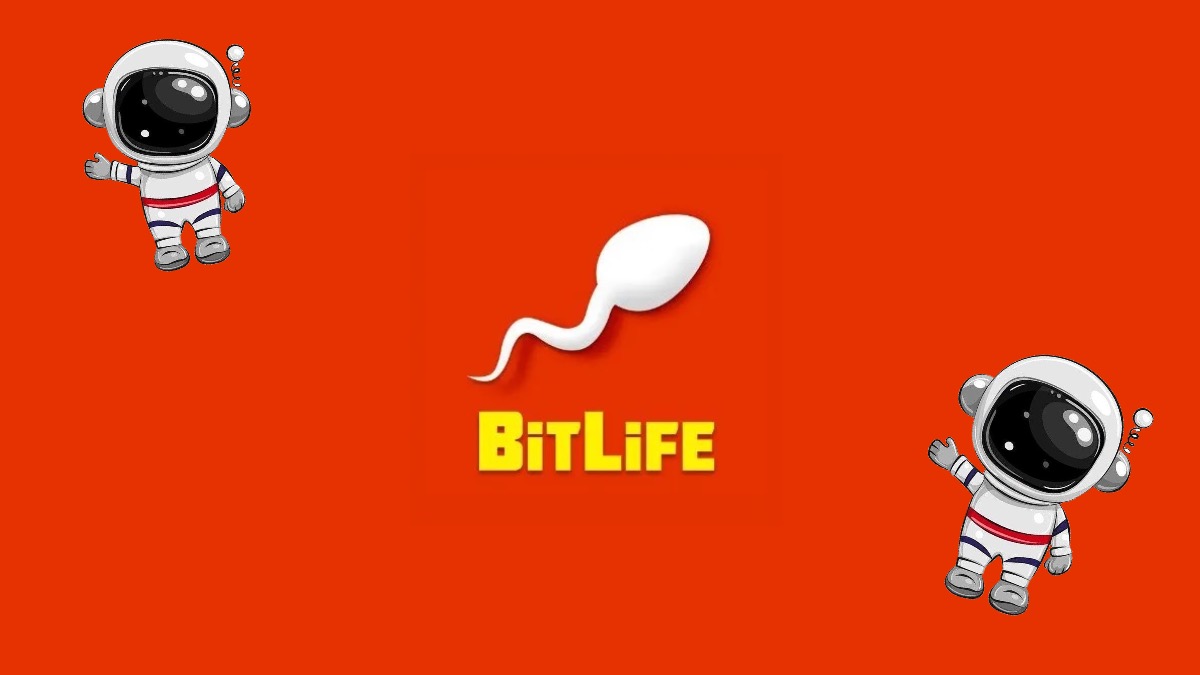Astronaut is one of the most prestigious careers your character can achieve in BitLife. Life as an astronaut isn’t all spacewalks and star-gazing, though. Soon you will have to scan the universe for interesting phenomena and publish your work. Find out below how to get a successful scan as an astronaut in BitLife.
How to Get a Successful Astronaut Scan in BitLife
Once you have finished your studies and have begun your space adventure it is time to start exploring the stars and publishing your findings. This is not as simple as it sounds, however. There’s a bit of a trick to getting your work accepted with good reviews.
Getting good peer reviews for your articles boosts your reputation as an astronaut. This then allows you to climb the ranks from Cadet to General. You can also gain the ‘Eureka’ achievement if your publication is nominated for the Nobel Prize. When you are scanning planets you will want to only publish the most interesting phenomena (see the list below).
If you scan and it comes up with a result you do not want, you can delete it. If you delete a good finding, your boss will be mad at you, so make sure you publish all potentially decent results! Note that time has no effect: you can achieve a good result at any time of the day. The list below shows the GHz needed to find each planet, and the results you are looking for.
All Planetary Scan Frequencies in BitLife
| Planet/Area | Frequency | Findings |
|---|---|---|
| Sun | 0 – 9 GHz | “A formation of a sunspot cluster.” |
| Mercury | 10 – 19 GHz | “Pulsing radio signal from Mercury.” “Rapid radio signal from Mercury.” |
| Venus | 20 – 29 GHz | “Disruption in the planet’s energy.” |
| Mars | 30 – 39 GHz | “Unusual shift in Mars’ magnetic field.” “Stead radio signal from Mars’ ionosphere.” “Sound of David Bowie’s ‘Life On Mars’ from around the gale crater.” |
| Jupiter | 40 – 49 GHz | “Sound of Europa’s ocean trickling out into space.” “Radio waves volleying back and forth between Jupiter and Callisto.” “Volcanic eruption on Io.” “Rhythmic radio frequency emanating from Callisto.” |
| Saturn | 50 – 59 GHz | “A strange radio signal emanating from Iapetus.” “Radio emissions generated by Enceladus as it interacted with Saturn’s magnetosphere.” |
| Uranus | 69 GHz | “The presence of a previously unknown ring around Uranus.” |
| Neptune | 70 – 80 GHz | “Synchrotron radiation emitted by Dark Spot 2 of Neptune.” “Synchrotron radiation emitted by Great Dark Spot of Neptune.” “Volcanic eruption on Triton.” |
| Deep Space | 80 – 100 GHz | “Black hole sucking up a probe.” “Sound of two neutron stars colliding.” “Radio wave from a distant galaxy.” “Black hole sucking up a nebula.” “A snippet of radio waves from a live performance of Rick Astley’s ‘Never Gonna Give You Up’ that bounced off a distant planet.” “A snippet of radio waves from the ‘Power Rangers’ theme song that bounced off a distant planet.” “Some sick alien beats.” “White hole erupting in deep space.” “A star imploding.” “A desperate radio signal from Mercury.” |
| Pluto | Random frequencies between 70-100 GHz | “The flutter of a meteor shower dusting the planet.” |
The list above gives you the best chance of a good peer-reviewed article result. Occasionally, though, they can still come back as ‘poor’. If this happens then keep trying until you find the best results. At the moment it seems you are guaranteed a good result if you manage to find Uranus or Pluto.
After completing this challenge, why not try to complete the Gatsby challenge? If you need better BitLife finances, we have a get-rich-quick guide too!


